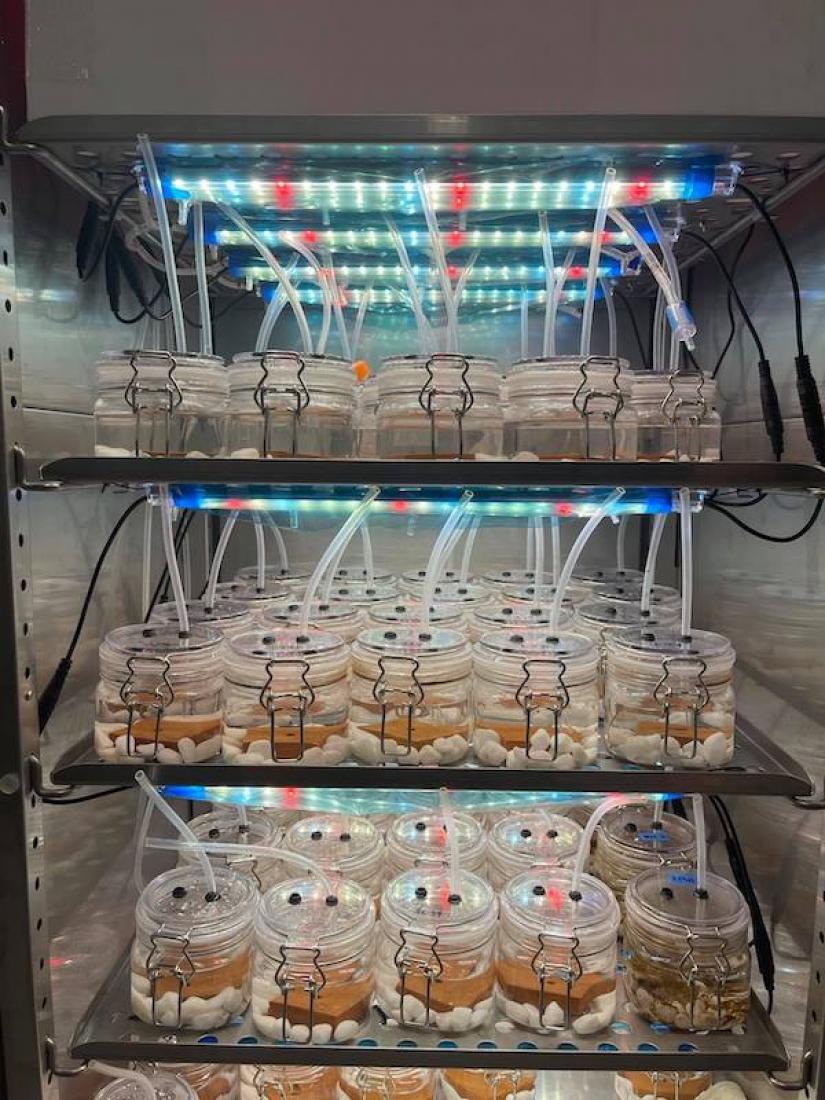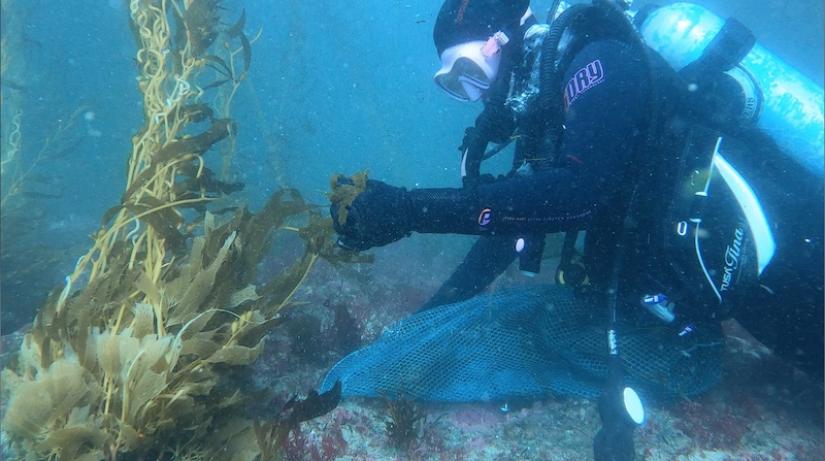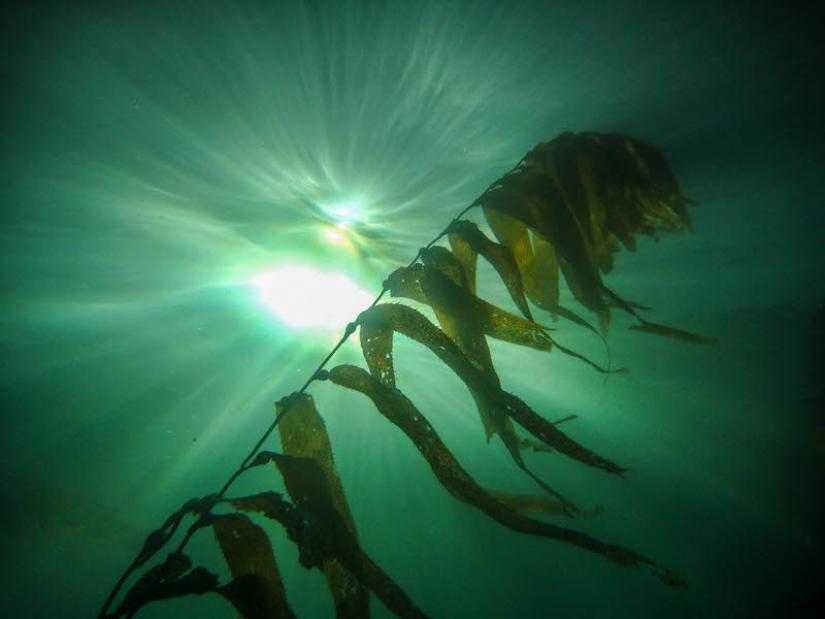The loss of California’s kelp forests has in part been driven by climate-related variables, which are likely to intensify in the future. In order to ensure that restoration efforts are future-proof, anticipatory management will be needed.
In this project, researchers plan to amend and enhance a newly developed and cost-effective approach for kelp restoration, developed through collaborations in Australia with successful trials in Norway, to evaluate its effectiveness for regional-scale restoration of California’s canopy-forming kelps. This project aims to produce a tool box of anticipatory management schemes that incorporate the concepts of acclimatization and translocation of beneficial source populations to expand restoration strategies for coastal kelp forests.
The results of this project will inform management strategies that will maximize survival and retention of transplanted kelps under future climate stressors. Through global alliances and strong local partnerships in California, the researchers also plan to conduct community outreach that incorporates targeted curricula, including immersive virtual reality experiences to heighten public awareness of local kelp decline, inspire behavioral action, and improve charity donor outreach for further restoration efforts.




 Joleah Lamb
Joleah Lamb
 Matthew Bracken
Matthew Bracken